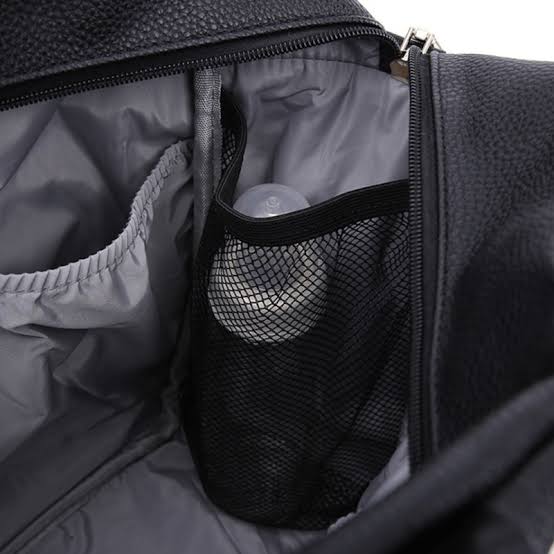HARARE – Harare businessman Luka Ignatius Fabris has been convicted for duping a business partner of US$1 million in a business deal gone wrong.
Fabris was convicted alongside his company, Spartan Security (Pvt) Ltd after a full trial by Harare magistrate Feresi Chakanyuka.
He now awaits sentencing.
The state proved that Fabris conned Leigh Ann Patricia Rudland who invested in his company after agreeing that she would get 2 percent of her total investment every month.
Anesu Chirenje, appearing for the National Prosecuting Authority (NPA), said in 2019, Fabris, acting on behalf of his company, approached Rudland and told her that the company was involved in very profitable cattle ranching.
“He lured her to invest into the business and promised her that she would get two percent of her total investment every month,” said the NPA.
Rudland, who had her money banked with her lawyers, instructed her lawyers to transfer some money into Fabris’ bank account.
On March 21, 2019 Rudland’s lawyers transferred ZW$4,800,000.
The two agreed that the money was equivalent to US$1,000,000, the prevailing bank rate at the time.
However, after Rudland made her investment, she only received US$540,000 in total returns and thereafter, Fabris stopped the payments and started giving her excuses until she filed a case against him.
During trial, no evidence was submitted by the State to prove that she only received the US$540,000.
However, evidence of the US$4,8 million deposited into Spartan account was tendered.
Fabris denied the allegations during trial.
It was his defence that they had agreed to change a bank transfer into cash and that the value of the cash fell because of inflation.
He also said he paid Rudland all her money and was no longer indebted to her.
He contended that the deal had nothing to do with any investment and was simply an arrangement with Spartan for her to convert ZW$4,8 million electronic transfer into ZW$4,8 million in local currency cash with a one percent deduction by Spartan.
Fabris said Rudland had to collect her cash in batches as she had agreed and by the time she collected the last batch of cash, her money had lost value due to inflation.
She then started to demand compensation for the inflation inflicted loss, which directors of the company declined as it would amount to her unjust enrichment.
The businessman also insisted that the matter was civil but Rudland chose to seek recourse in criminal justice system.
The presiding magistrate however ruled in favour of Rudland noting that witness evidence was satisfactory.
“The court finds no reason for the complainant to lie against the accused,” she said.
“There is no paper trail of the money paid back to the complainant which proves that the accused is guilty,” she ruled.
During cross examination, Rudland agreed that she deposited Zimbabwean dollars and also agreed that the currency was susceptible to inflation.
Rudland however insisted on compensation because the agreement states that she would be paid in US dollars.
















